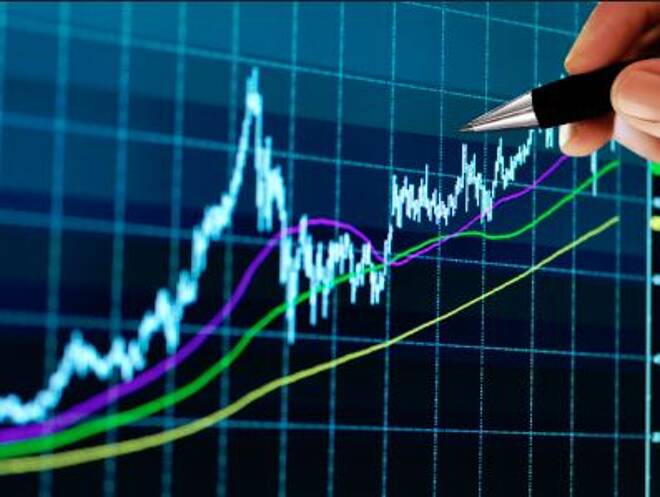Advertisement
Advertisement
The Nikkei Rumbles to Fresh Highs Driven by Earnings Optimism
By:
European stock markets are narrowly mixed after a largely positive session in Asia, where Japanese bourses outperformed and the Nikkei closed with a 0.96%
European stock markets are narrowly mixed after a largely positive session in Asia, where Japanese bourses outperformed and the Nikkei closed with a 0.96% gain helped by technology stocks and future earnings optimism. Elsewhere gains were less impressive and Eurozone markets also moved sideways. The DAX is hovering around the 13000 mark after manage to briefly climb above the illusive levels, on a source story suggesting the ECB is heading for a longer than expected QE extension that would add a further EUR 270 billion to the balance sheet and comments from ECB’s Hansson suggesting there could be more focus on corporate bond buying.
The ECB is considering cutting back QE by EUR 30 billion with 9 months extension, which would bring us to the end of September 2018. That would be a considerably longer extension than expected, and according to a report citing unnamed sources, the ECB would still maintain the option of a further extension. So an end to QE won’t come before the start of October next year at the very earliest and Draghi stressed that the forward guidance that rates will stay low until “well past” the end of QE, that pretty much rules out a rate hike before 2019.
German September HICP Inflation was Confirmed and Unchanged from the Preliminary Number
German September HICP inflation was confirmed at 1.8% year over year, unchanged from the preliminary number as well as the previous month. Energy price inflation picked up again and excluding household energy and petrol the annual rate dropped back to 1.7% year over year from 1.8% year over year. Still, the German inflation rate, like the Spanish is pretty much in line with price stability now and with the labor market looking tight and wage growth above the Eurozone average while house prices continue to rise, the ECB’s monetary policy is starting to look increasingly out of synch with the German economy.
Singapore’s GDP accelerated to a 4.6% year over year growth rate in Q3 according to the advanced report from the final 2.9% rate of expansion in Q2. The increase in Q3 easily overshot projections. Real GDP grew a sizable 6.3% in Q3 quarterly comparable basis, well above projections, after a revised 2.4% gain in Q2. An improvement in exports boosted manufacturing, which vaulted 23.1% in Q3. Separately, Singapore’s central bank held monetary policy steady, as expected, but did not repeat that its neutral stance was appropriate for an extended period.
About the Author
David Beckerauthor
David Becker focuses his attention on various consulting and portfolio management activities at Fortuity LLC, where he currently provides oversight for a multimillion-dollar portfolio consisting of commodities, debt, equities, real estate, and more.
Advertisement
